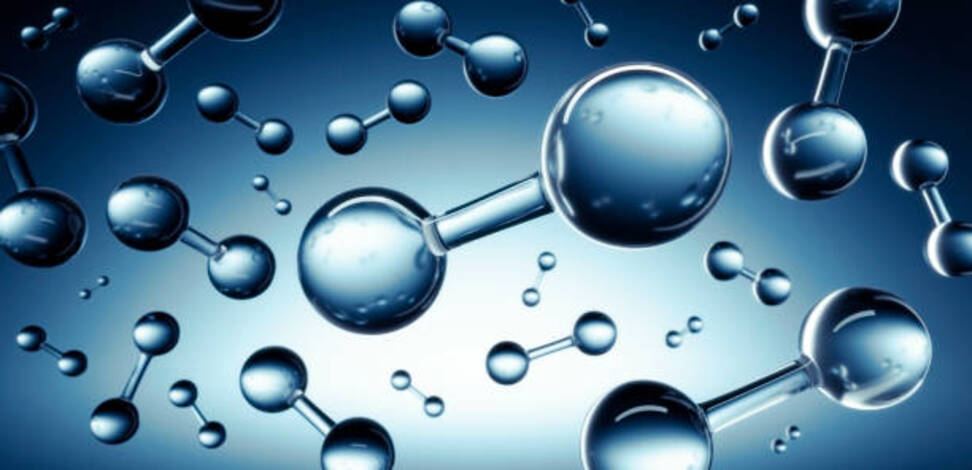The green hydrogen is moving forward, but leaks could be an issue. Some scientists claim that the paucity of information on leaks and the possible harm they could bring is a blind spot for the developing sector as governments and energy businesses place large bets on the much-touted fuel of the future.
At least four studies released this year claim that H2 leaks into the atmosphere. If true, it loses its environmental benefits. According to some scientists, the advantages of using green hydrogen over fossil fuels may be eliminated in case 10% of it leaks during manufacture, transit, storage, or usage.
Governments are betting on green hydrogen
However, governments are continuing to provide the sector with financial support. The Inflation Reduction Act of the United States contains substantial tax credits for green hydrogen, while in September, the European Union authorized subsidies of 5.2 billion euros ($5.5 billion) for green hydrogen projects.
According to scientists, the issue with H2 is that it diminishes the concentration of molecules that break down the existing greenhouse gases in the environment when it seeps into the atmosphere. In such cases, it causes global warming.
Before making any final investment decisions, they claim, further research is required. Quantifying the net impact of H2leakage on global warming is necessary. But there is no technology for doing so.
Scientists need time to research
The Environmental Defense Fund, Cambridge and Reading Universities, the Frazer-Nash Consultancy, and Columbia University have all released studies about the possibility of leaks compromising the climate benefits of green hydrogen.
The scientists say they need a lot better data, much better tools to monitor the leakage, and regulations that actually enforce the measurement of the leakage.
The predictions are that if H2 employment increases more extensively in 2050, leakage rates could rise to 5.6%.
Before making the switch to green hydrogen, we need to know it better
A three-and-a-half-year study examines the effect of H2 emissions. Norway’s CICERO climate research institute conducts it and will finish in June 2024. The motive for this study was to raise awareness of the leaks and to seek solutions. Norwegian scientists say that before we make the major switch, we need to learn more about the enormous potential of hydrogen.
Today, hydrogen is a product of natural gas. Then follows the conversion into carbon dioxide, and usage in fertilizer manufacturing, chemical manufacturing, and oil refineries. Electrolyzing water creates green hydrogen using renewable energy without emitting greenhouse emissions.
The real benefit of using hydrogen as a fuel is that its primary waste products are water vapor and negligible amounts of nitrogen oxides. This makes this fuel significantly less harmful than fossil fuels. But, under conditions, it doesn’t leak out.
In addition to high costs, safety worries, and the requirement to invest in sufficient renewable energy to produce it, as well as in the infrastructure to store and transport the colorless gas, leaks are one of several problems preventing the widespread adoption of green hydrogen.
Brussels issued a request for money last week for additional investigation into the dangers associated with the widespread use of hydrogen. It sought the research to demonstrate how replacing fossil fuels with H2 may both reduce global warming and, in the event of leaks, increase it.
Collect info, analyze it, then make a conclusion
In contrast, the report by the Environmental Defense Fund recommended corporations and governments first collect information on hydrogen leakage rates, then determine where the hazards were greatest and how to reduce them before developing the necessary infrastructure.
The Frazer-Nash assessment also highlighted the necessity to consider steps to stop hydrogen leaks in order to accommodate higher initial and ongoing expenditures.
According to scientists and analysts, hydrogen molecules are more difficult to contain since they are lighter and smaller than methane molecules. All green hydrogen plans are not anticipated to be derailed by potential hydrogen leaks, but any seepage would reduce the benefits of hydrogen for the environment, according to these experts.
Nearly 300 green hydrogen projects already exist or have begun in various parts of the world, although the great majority are small demonstration facilities, according to data from the International Energy Agency.

